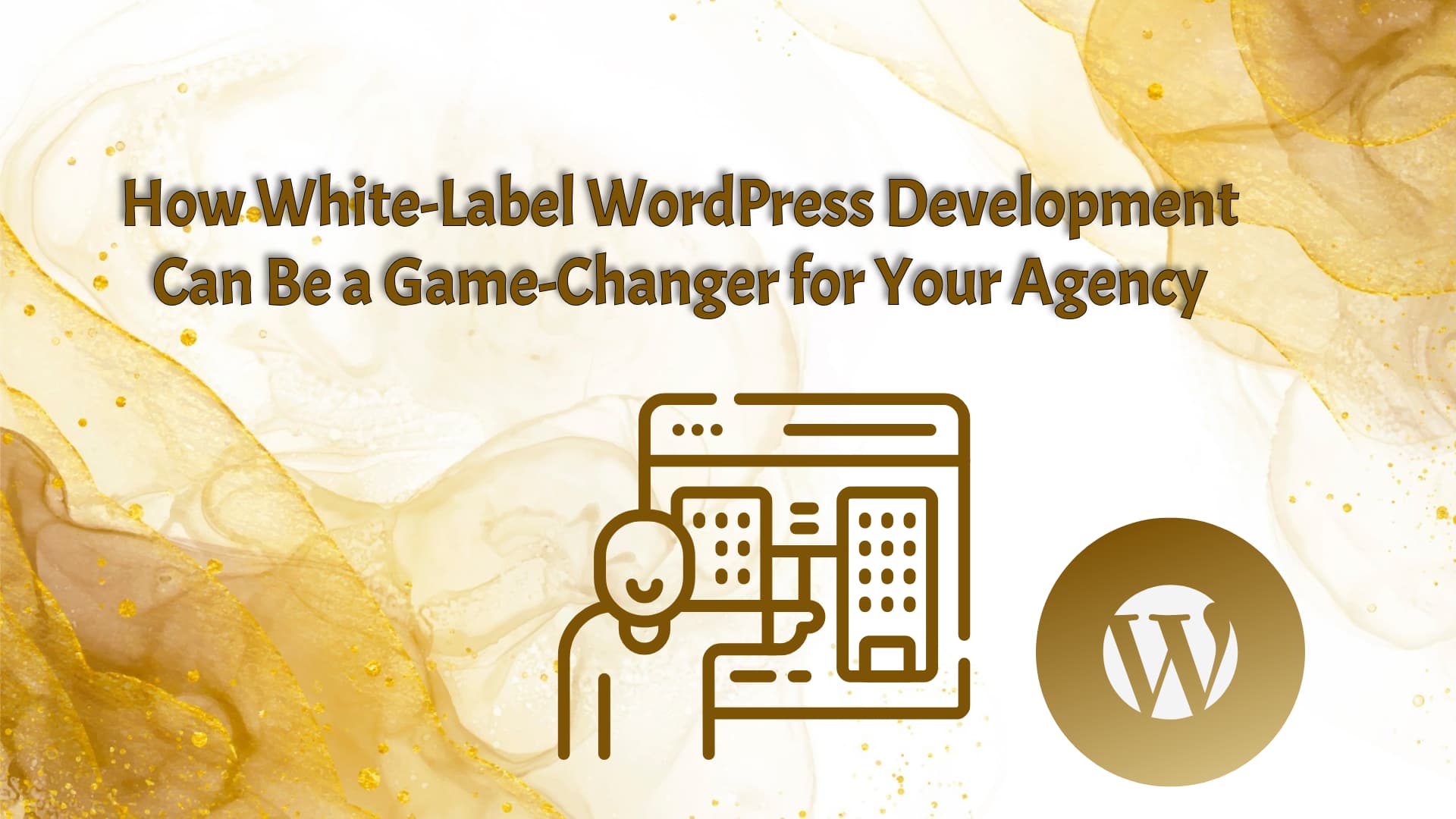
You know that feeling when your favorite local coffee shop suddenly becomes so popular that the line is out the door? You’re happy for them, but also a little annoyed because now your quick coffee run has turned into a 20-minute wait. Scaling up can be messy—for coffee shops and for creative agencies.
But here’s the thing: scaling doesn’t have to be chaotic. In the world of web development, especially if WordPress is your playground, there’s a not-so-secret hack for agencies that want to grow without losing their minds. It’s called white-label WordPress development.
Now, before you roll your eyes thinking this is just another buzzwordy thing people are throwing around, stick with me. We’re going to dig into why this concept isn’t just clever jargon—it’s actually a game-changer. GetDevDone offers a great guide for agency owners on this topic. Grab your coffee (or tea, no judgment), and let’s chat about how this can seriously make your life easier.
“Wait, What’s White-Label WordPress Development?”
Okay, quick definition for the uninitiated: white-label WordPress development is when you outsource your WordPress projects to another company or freelancer, but they do the work under your brand. Essentially, it’s like hiring a ghostwriter for your client projects. You get the credit, the clients stay happy, and your team doesn’t have to pull all-nighters eating stale pizza to hit deadlines. Win-win.
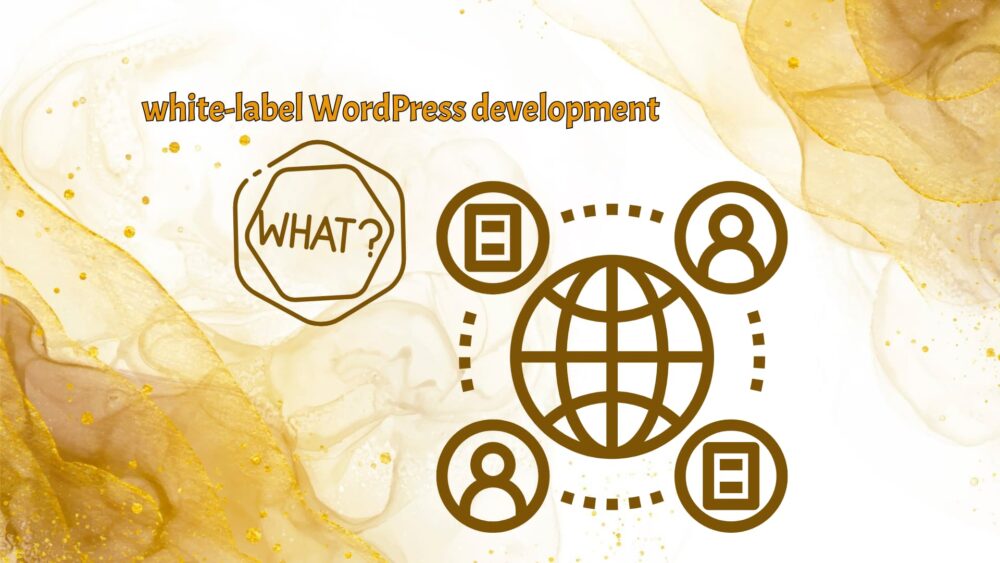
Imagine you’re an agency owner, and a client wants a custom WordPress site with all the bells and whistles. Except your in-house team is already drowning in work. Rather than saying, “Sorry, we can’t take this on right now,” you call in a white-label team. They swoop in, build the site, and no one—not your client, not even your mom—knows you didn’t do it yourself. It’s like having a secret weapon in your back pocket.
When You Realize You’re Out of Your Depth
A friend of mine—let’s call him Joe—runs a boutique marketing agency. Joe’s amazing at branding and social media campaigns, but when it comes to WordPress? Let’s just say his coding skills end at “Hello, World.” A client once asked him for a custom WordPress site, and instead of admitting he had no idea how to do it, he said, “Sure, no problem!” Classic rookie move.
Joe spent the next two weeks trying to learn PHP from YouTube tutorials, only to deliver a half-baked website that barely functioned. The client wasn’t happy, Joe was stressed out, and his team was ready to stage a mutiny. That’s when he discovered white-label WordPress development. Now, instead of trying to do it all himself, he partners with a white-label team whenever a web project lands on his desk. His clients are thrilled with the results, and Joe gets to stick to what he’s actually good at.
Why Agencies Burn Out (And How White-Labeling Helps)
Let’s face it: agency life can be exhausting. You’re juggling ten different projects, dealing with demanding clients, and trying to keep your team motivated. Oh, and let’s not forget the endless stream of emails that somehow all say “URGENT” in the subject line. It’s a lot.
The problem is, when you’re trying to do everything in-house, you end up spreading yourself too thin. Your designers are trying to code, your project managers are doubling as QA testers, and everyone’s burning out faster than cheap birthday candles. That’s where white-label WordPress development swoops in like a cape-wearing superhero.
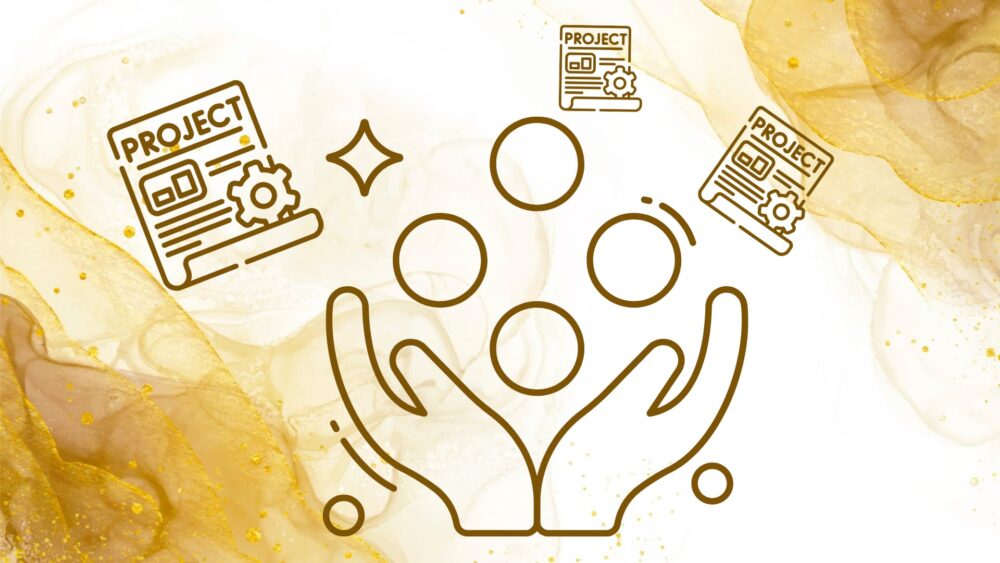
By outsourcing the heavy lifting to a white-label team, you free up your in-house staff to focus on what they do best. Your designers can design. Your marketers can market. And your developers? Well, they can stop screaming into their keyboards at 2 a.m. because the footer isn’t aligning properly.
The “Isn’t That Cheating?” Question
I’ve had people ask me, “But isn’t using a white-label team kind of like cheating?” My answer? Absolutely not. It’s called working smarter, not harder. Think about it: no one expects a restaurant owner to also be the chef, waiter, and dishwasher. Why should an agency be any different?
Your clients don’t care how the work gets done—they just want results. If anything, outsourcing to experts shows that you’re committed to delivering top-notch work. And let’s be real: clients don’t need to know every detail of your process. They’re not asking where the coffee beans came from when they order a latte; they just want it to taste good.

How White-Label WordPress Development Scales Your Agency
Now let’s talk about the juicy stuff: growth. Because at the end of the day, that’s why we’re all here, right? White-label WordPress development can help you scale in ways you probably haven’t even thought about yet. Here’s how:
1. Take on More Clients
The biggest bottleneck for most agencies is bandwidth. You want to take on more clients, but there’s only so much your team can handle. With a white-label partner, you can say “yes” to more projects without overloading your staff. It’s like having an expandable team that’s ready to jump in whenever you need them.
2. Offer New Services
Maybe you’ve always wanted to offer WordPress development but didn’t have the skills in-house. Or maybe you’ve been turning away e-commerce projects because no one on your team knows how to build a WooCommerce site. A white-label team can fill those gaps, allowing you to expand your service offerings without hiring new staff.
3. Focus on Growth, Not Grunt Work
Running an agency means wearing a lot of hats, but you shouldn’t have to wear all of them at once. By outsourcing the nitty-gritty development work, you can focus on growing your business. Spend your time networking, pitching new clients, or refining your agency’s strategy—not debugging someone’s broken contact form.
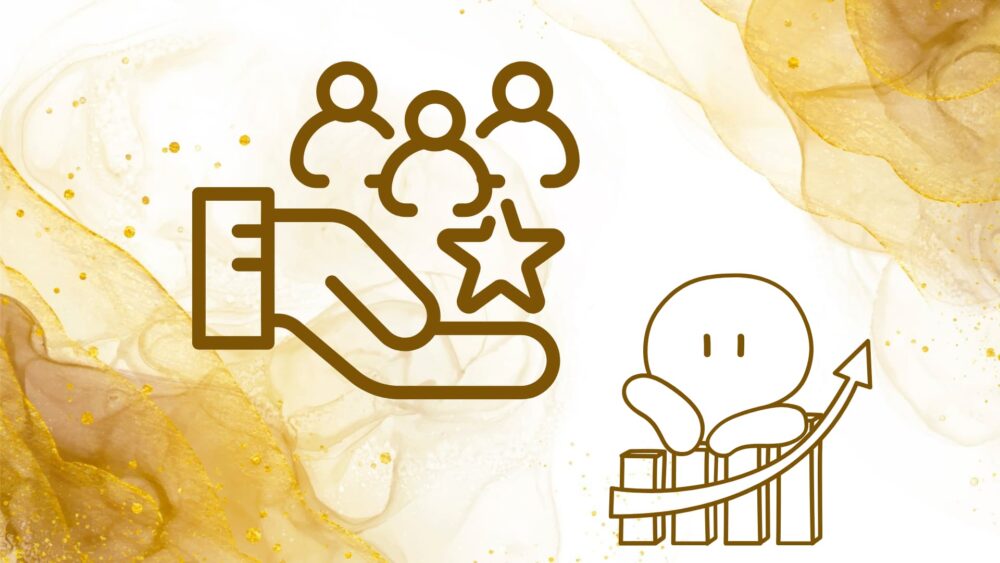
The Relationship Matters
Here’s a little pro tip: finding the right white-label partner is like dating. You need someone who understands your needs, communicates well, and doesn’t ghost you halfway through a project. Take the time to vet potential partners. Ask for samples of their work, check their references, and maybe even start with a small project to test the waters.
Also, communication is key. Set clear expectations, establish timelines, and make sure you’re on the same page before diving in. The better your relationship with your white-label team, the smoother things will go.
A Word on Pricing (Because Let’s Be Real, It Matters)
One of the biggest concerns people have about white-label services is cost. “Isn’t it expensive?” they ask. Well, it depends. But here’s the thing: you’re not just paying for development; you’re buying peace of mind. You’re paying for the ability to take on more projects, keep your clients happy, and avoid the stress of doing everything yourself.
Plus, most white-label teams offer scalable pricing models. You can usually find someone who fits your budget, whether you’re a scrappy startup or a full-fledged agency. Just make sure to build the cost into your client’s pricing so you’re not eating the expense.
The Downsides (Because Nothing’s Perfect)
Okay, I’m not going to sit here and pretend white-labeling is all sunshine and rainbows. There are some potential downsides. For one, you lose a bit of control. When someone else is doing the work, you have to trust that they’ll meet your standards. That’s why finding the right partner is so important.
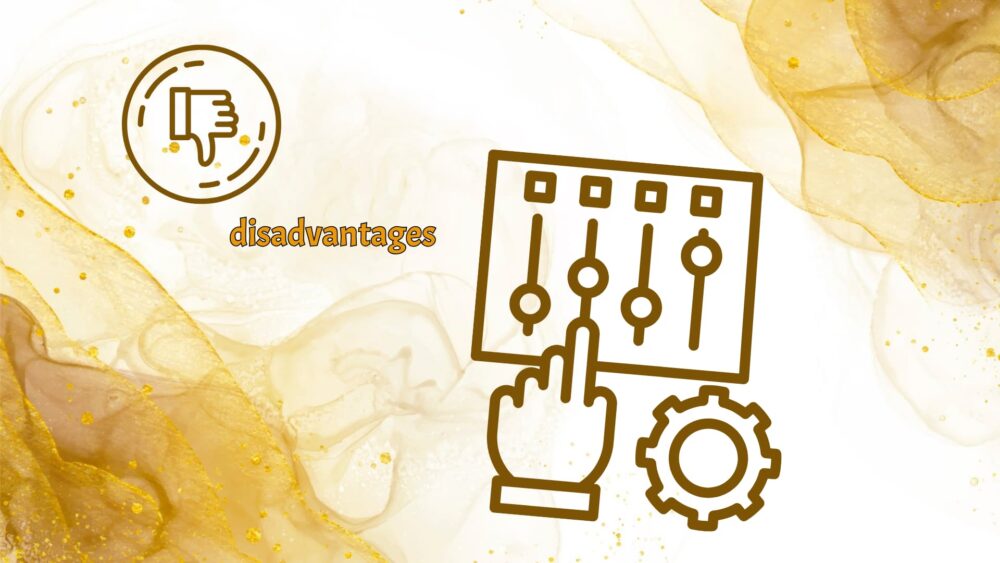
There’s also the risk of miscommunication. If your instructions aren’t crystal clear, you might end up with a final product that doesn’t match your vision. But honestly? These issues can usually be avoided with good communication and proper planning.
Final Thoughts
Scaling an agency is hard work. There’s no magic formula, no secret sauce that will instantly solve all your problems. But white-label WordPress development? It’s pretty darn close.
By outsourcing the heavy lifting to a trusted partner, you can grow your agency without burning out your team. You can take on more clients, offer new services, and focus on the big-picture stuff that really matters. And best of all, you can do it all without losing your sanity.
Oh, and if you’re still curious about why WordPress continues to dominate the web, this piece on why WordPress is still king is worth a read. It’ll remind you just how powerful this platform really is.
So the next time a client asks for a complex WordPress site, don’t panic. Just call in your white-label team, sit back, and watch the magic happen. Who knows? Maybe scaling your agency won’t feel so overwhelming after all.


